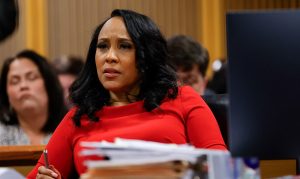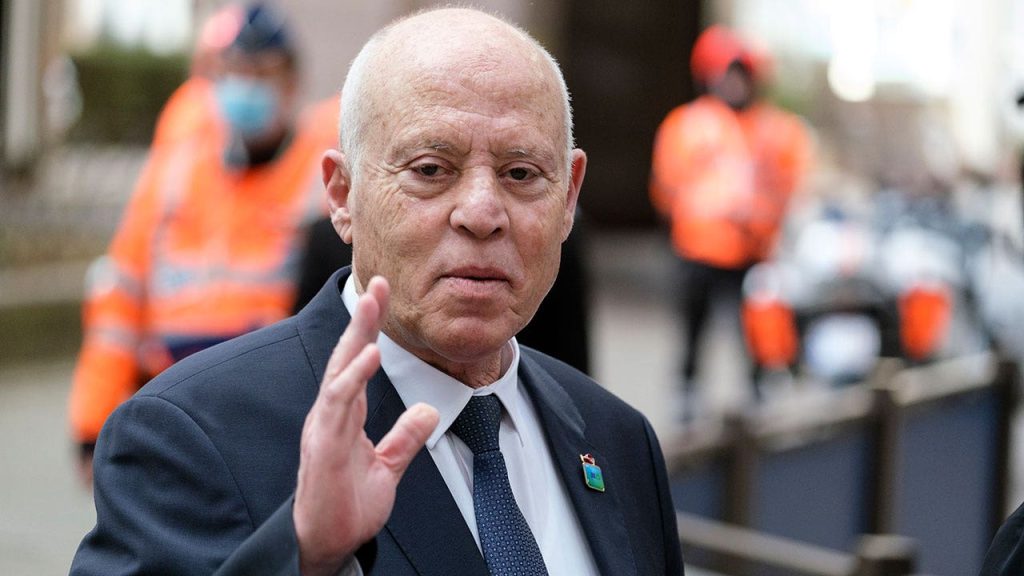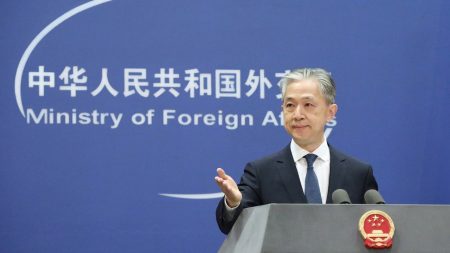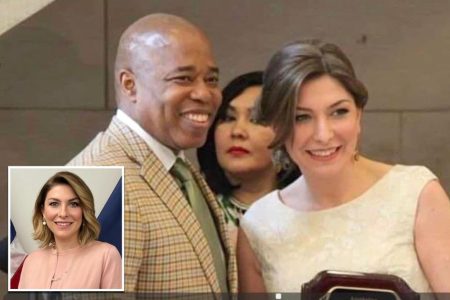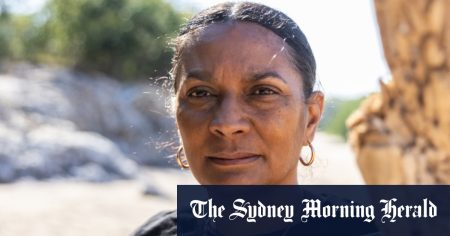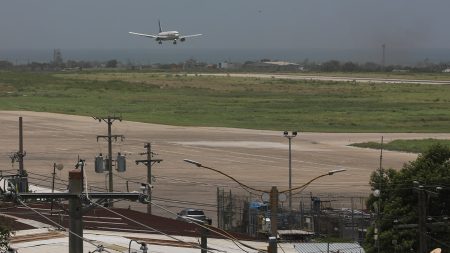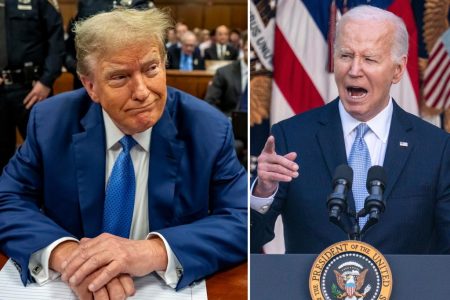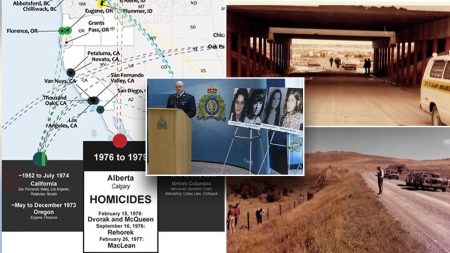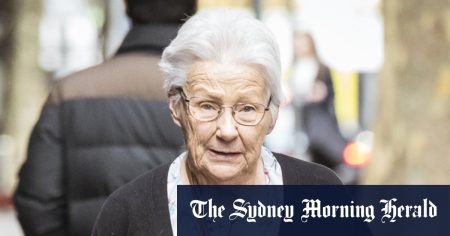Tunisia’s main opposition coalition has announced that it will not participate in the upcoming presidential election unless President Kais Saied’s political opponents are released and judicial independence is restored. Since consolidating power in 2021 by suspending parliament and rewriting the constitution, Saied has charged or imprisoned more than 20 political opponents. Despite low voter turnout, Saied’s constitutional changes were approved in a 2021 referendum, and he is expected to run in the upcoming election, with no clear challengers in sight.
The National Salvation Front, which comprises the main opposition parties, including Ennahdha, has expressed concerns over the fairness of the upcoming election. They have outlined conditions for presenting a candidate, which include freeing imprisoned politicians, reopening Ennahdha’s headquarters, guaranteeing the neutrality and independence of the electoral commission, and restoring the independence of the judicial system. Ennahdha’s headquarters were closed a year ago, and its leader, Rached Ghannouchi, was sentenced to prison on charges of glorifying terrorism, which his supporters claim are politically motivated.
Under Saied’s introduced constitutional changes, the president now has the authority to appoint members of the electoral authority and magistrates. Tunisia’s earlier constitution had been viewed as a model for democracies in the region. After the Arab Spring uprising in 2011, Tunisia built a fragile democracy that received international praise. However, in recent years, economic challenges have deepened, and the country has become a significant departure point for migrants embarking on perilous boat journeys from Tunisia and other parts of Africa to Europe.
The situation in Tunisia reflects a broader trend of political upheaval and repression in the region, with opposition parties and activists facing increasing pressure and restrictions. The National Salvation Front’s decision not to participate in the upcoming election highlights concerns about the erosion of democratic norms and institutions. The crackdown on political opponents and the lack of independent oversight in the electoral process raise questions about the legitimacy and fairness of the upcoming election.
The international community has a role to play in supporting democracy and human rights in Tunisia and the broader region. By condemning the crackdown on political opponents and pushing for free and fair elections, countries and organizations can help uphold democratic values and protect the rights of all citizens. As Tunisia stands at a critical juncture, the decisions made in the coming months will shape the country’s future trajectory and determine whether it can continue to build on the progress made since the Arab Spring.
The upcoming presidential election in Tunisia will be a crucial test of the country’s commitment to democracy and the rule of law. By addressing the concerns raised by the opposition coalition and ensuring a level playing field for all candidates, Tunisia can demonstrate its respect for democratic principles and the will of the people. The international community must continue to monitor developments in Tunisia closely and offer support to ensure that the upcoming election is free, fair, and transparent. Only through upholding democratic values and respecting the rights of all citizens can Tunisia navigate its current challenges and build a more stable and inclusive future for its people.


